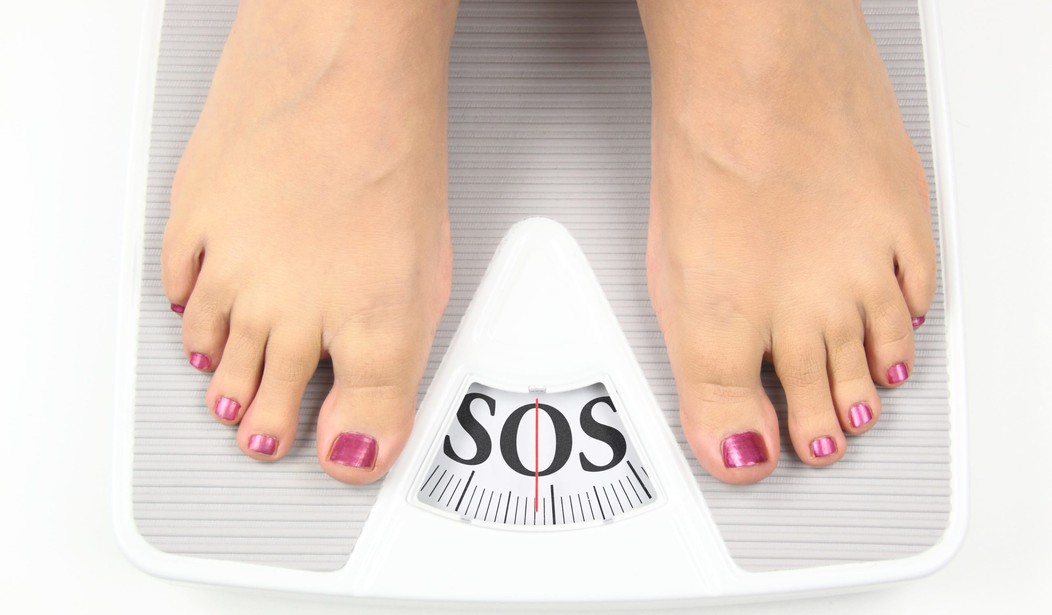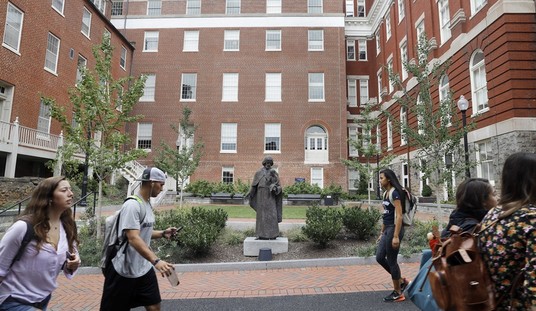In one important respect the futurologist, Herman Kahn, who died aged 61 in 1983, predicted the future by example rather than by precept: he was enormously fat. When I saw him filling the entire television screen – in the long-off days when I still had such a screen – I could scarcely believe my eyes. How did anyone get so fat? Nowadays, of course, millions of people are not merely his size but positively dwarf him.
These days, too, no one is too young to be grossly obese. According to a recent paper in the New England Journal of Medicine, there are 4.4 million obese children and adolescents in America – or, as the Journal puts it, ‘severe obesity affects 4.4 million children and adolescents.’ It also says there are ‘few effective treatments’ for them.
The authors report on the results of bariatric surgery on 228 enormously fat children and adolescents, many of whom had type II diabetes and/or other biochemical abnormalities. One of them had a body mass indeed (BMI) of 88. To achieve this BMI, a person six feet tall would have to weigh about 650 pounds.
The 228 children and adolescents between the ages of 13 and 19 underwent surgery of two types, the roux-en-y gastric bypass, or the sleeve gastrectomy. They were followed up for three years. One of them died, though not from the complications of surgery.
The mean BMI of the subjects was 53 (a person of 6 feet would have to weigh nearly 400 pounds to have such a BMI). Most of them came from households with an income of less than $50,000 a year, obesity having become principally a condition of the less well-off in rich societies.
The surgery seems to have been successful, at least more successful than any other way of practicing weight reduction in peacetime. Three years after operation, the average weight loss was 90 pounds, about a quarter of the starting weight. Before operation, 96 of the subjects suffered from high blood pressure, and after it only 25 still did so. The effect on Type II diabetes was even greater: of 20 of the subjects who suffered from it at the outset and who were evaluated after 3 years, 19 had remitted. Of the 171 who had abnormalities of lipid metabolism before surgery, two thirds were normalized after 3 years.
The operations were not without complication. Between one in seven and one in eight needed further operation and more than half had reduced ferritin levels, an indication of possible iron deficiency. Levels of B12 were also reduced. Overall the results were good, though follow-up will have to be much longer to conclude anything definitive, and the authors themselves point out that their study was uncontrolled: that is to say the results were not compared with those of very fat adolescents who underwent no such surgery.
However, follow-up of obese adolescents who are given advice, told to exercise, put on a diet, etc., suggests that the improvement with surgery was far greater than would be expected with those methods alone. Strictly speaking, the controls should have been obese adolescents who underwent sham bariatric surgery, but it is doubtful whether anyone would give ethical approval for this and it is highly unlikely that such an experiment would yield very different results.
An accompanying editorial in the Journal makes the case for treating childhood and adolescent obesity, claiming that, however much it might start with bad lifestyle, it becomes physio-pathological. Two unanswered (and unasked) questions rose in my mind: what kind of parents feed their children so that they attain BMIs of 88, and even if bariatric surgery is good for such monstrous obesity, could it be carried out on 4.4 million cases in the United States alone?









Join the conversation as a VIP Member